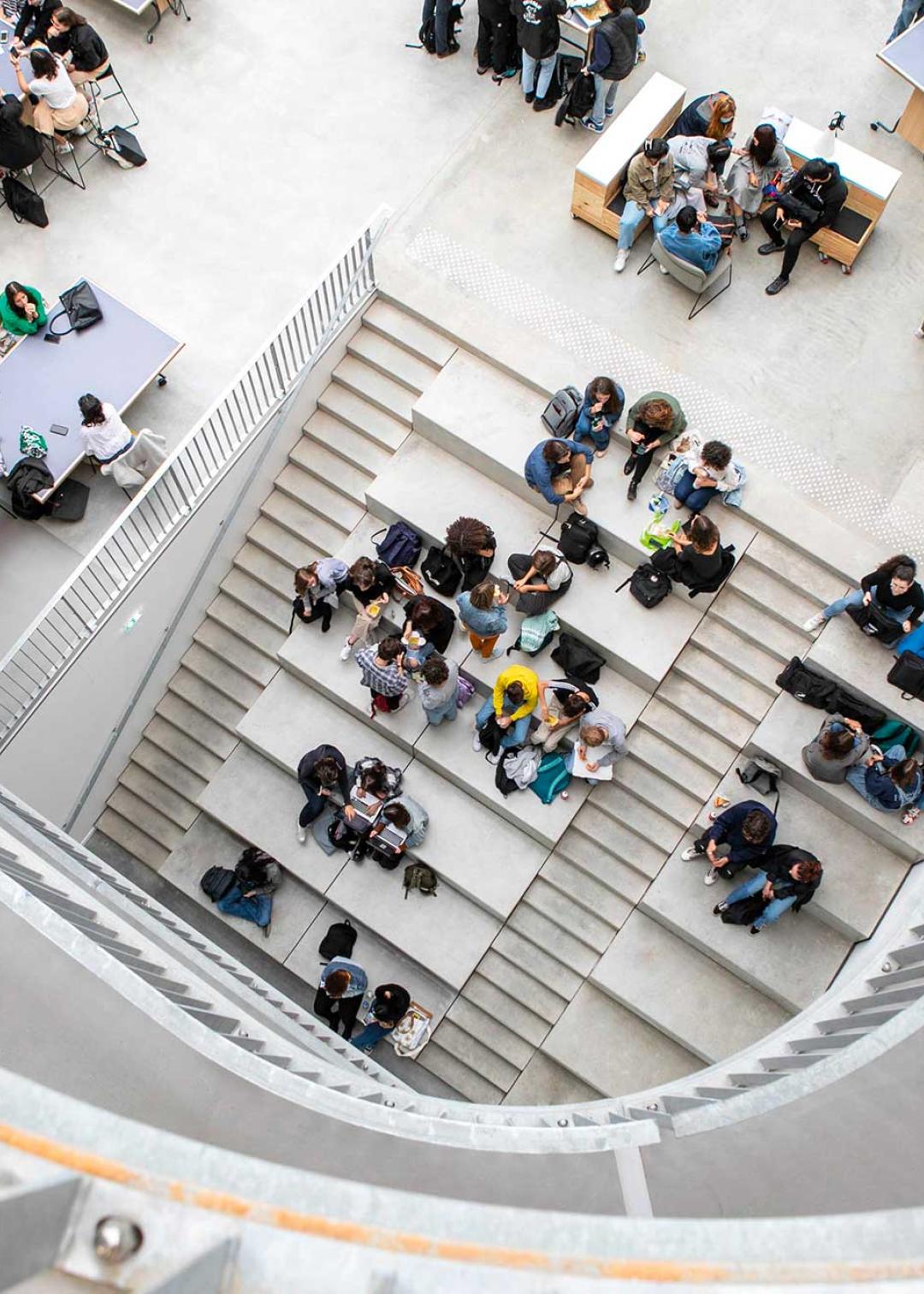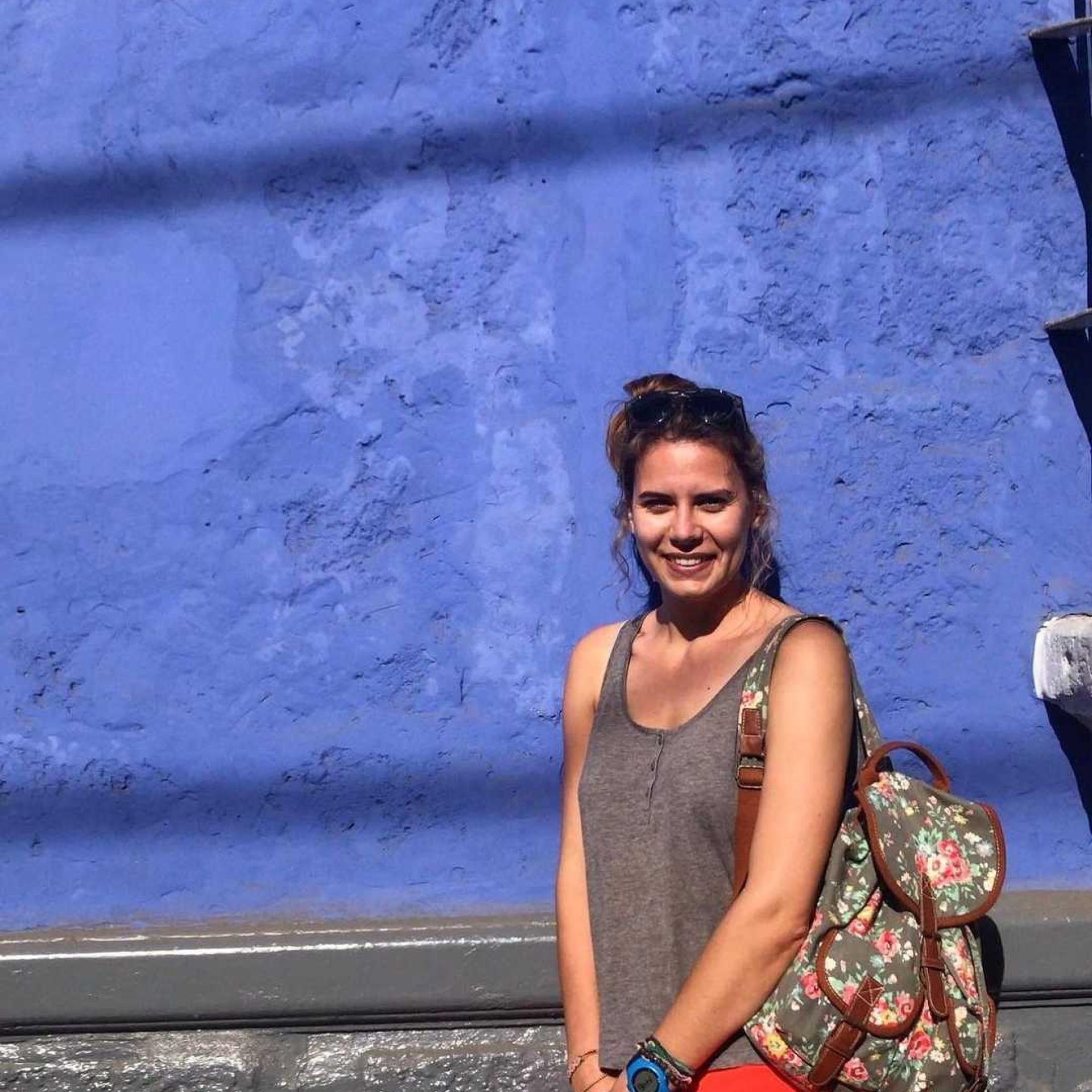Bérénice Laboux, 2018 alumni, designer in London
Bérénice Laboux in London on 26 January 2024
L'École de design Nantes Atlantique went to London to meet its graduates and immerse in their day-to-day lives, to better understand their strategic role within their company, in an international context. Stéphanie Martin-Petit, Careers Manager, met Bérénice Laboux. A 2018 graduate of the school, Bérénice studied interactive design at the school and then did her masters' level degree in the Digital design Lab. She is now a UX designer at Tech Alchemy, an award-winning software design and development agency.
How do you think the design professions have evolved in recent years?
Regarding the professions of product design, UX design, and all professions around service design, which are branches of the UX ecosystem, the evolution is rather positive.
I have worked in various sectors and I realised that more and more, minds are opening to the benefits of UX, that there is an awareness, that even though UX is often reduced to the idea of “common sense” , it is still a necessary common sense. It’s very gratifying to say that our profession is used, really serves a purpose.
It’ became quite common these days to hear that UX is soon to be replaced by AI. I don't see it that way at all. As for everything in digital, there are good and bad sides, we just need to remember not to fall into a dark and unthinking practice of these tools. I started using them this year and I think that these are tools which will allow us to improve our practices, it is a tool to be put to use of the human, but which should not replace the human.
I really like images, and for me UX is just as essential as a profession in the medical profession, for example. By this I mean because humans are at the center of a designer's thoughts, something a robot will never be able to do. They can help us do this but will never be able to replace us on this point.
How is your design profession strategic?
At first I didn't want to be a designer, I wanted to be a doctor, mainly for the human side of thing.
Finally, I started, by chance, with service design, working on projects and situation of the every-day-life, and then found myself in very technical sectors, and strengthened by these experiences, I have been allowed to see how UX can find its way into these professions.
I have worked for technical companies, who have not changed their working methods for decades, and who see no point in changing their methods now.
And finally I was able to observe that mentalities are changing, and that I can have an impact because I have the capacity to show them that by changing methods, we can do better, faster, and be more accurate; and above all respond to needs and not just do things because it’s pretty.
My current job is the most tech I have had so far, since it involves cryptocurrency. Not going to lie, it’s complicated to find your place as a UXer in this type of job. But little by little I am able to demonstrate the usefulness of thinking about the users who will use the digital tool that we manufacture, whatever it may be.
A UX designer must always think about the human who will use the tools put in place, but not only. The UX designer advocates for the users, but also takes into consideration the business goals and the technical requirements. And this is where our position is strategic. It is a position that I like to call “pivot” because it allows me to make a link between customers, product teams, technicians, and other designers.
This is a very strategic position, whatever the field or environment, you just need to find your path, and hang in there.
What has the school brought you?
The school has given me a lot. I wasn't supposed to be there. I first did a first year of medicine and entered the school completely by chance. It gave me a first chance.
At first, I had difficulty finding my place while finding it extraordinary to be in a school which allows me to touch many things.
I arrived at school with preconceptions about design, about the fact that we were there to produce pretty things, and quickly realized that it wasn’t about that at all.
I didn't draw at all and I still don't know how to draw. But I learned to draw, I met exceptional teachers and students. I appreciated the fact that each year we offered several modules to better specialize from year to year. I had the impression of specializing in many fields, while remaining in the same sectors.
At the end of the first year, I had to find an internship and it was very complicated for me at the beginning. But I found an internship in a startup that totally gave me a taste for UX.
I did a digital course and thanks to the school I was able to go to Seoul in South Korea at the start of my first year of my master's degree, with a partner university. I finally felt in my place, and I still feel in my place since this experience.
Any advice for future designers?
The variety of the school's programs is a very good place to start because, unlike other courses, we are given the choice to go where we are good and abandon what we are less good at. But above all, trust yourself, don't hold yourself back. And later, as a UX professional, rely on each other, work as a team and don't hesitate to change.
Would you like to ask a question related to the Alumni community? alumni@lecolededesign.com
Visit the platform We design to post your job, internship or apprenticeship offers and join the school community!
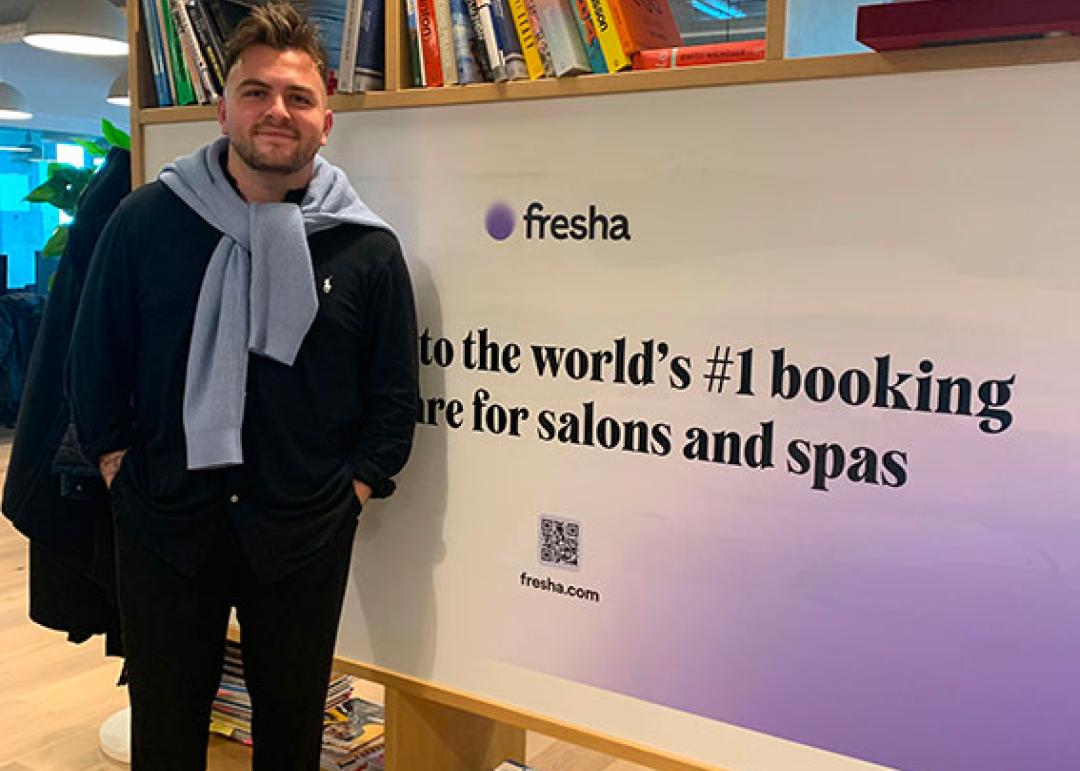
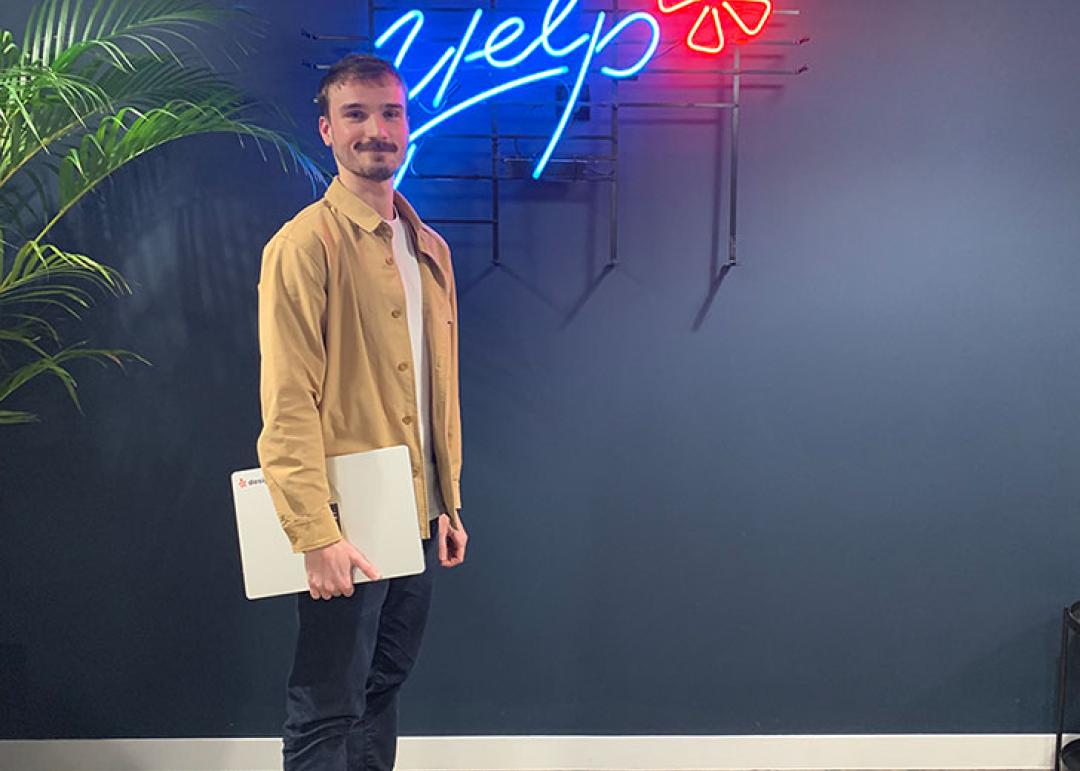
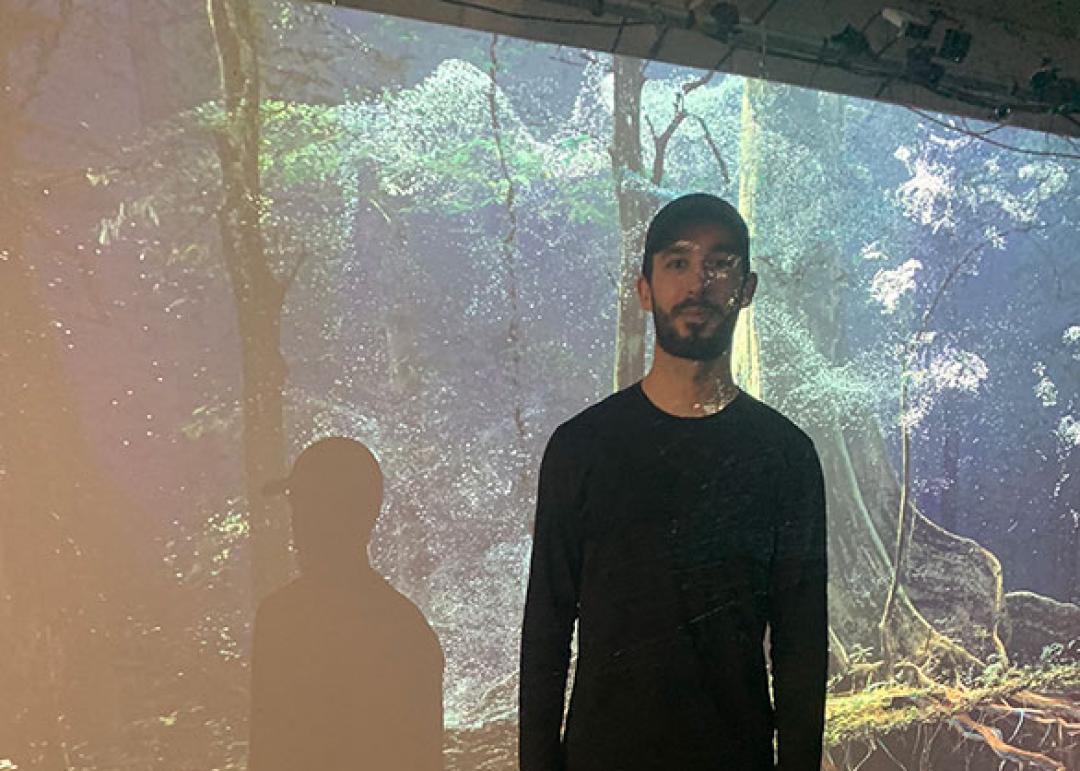
News
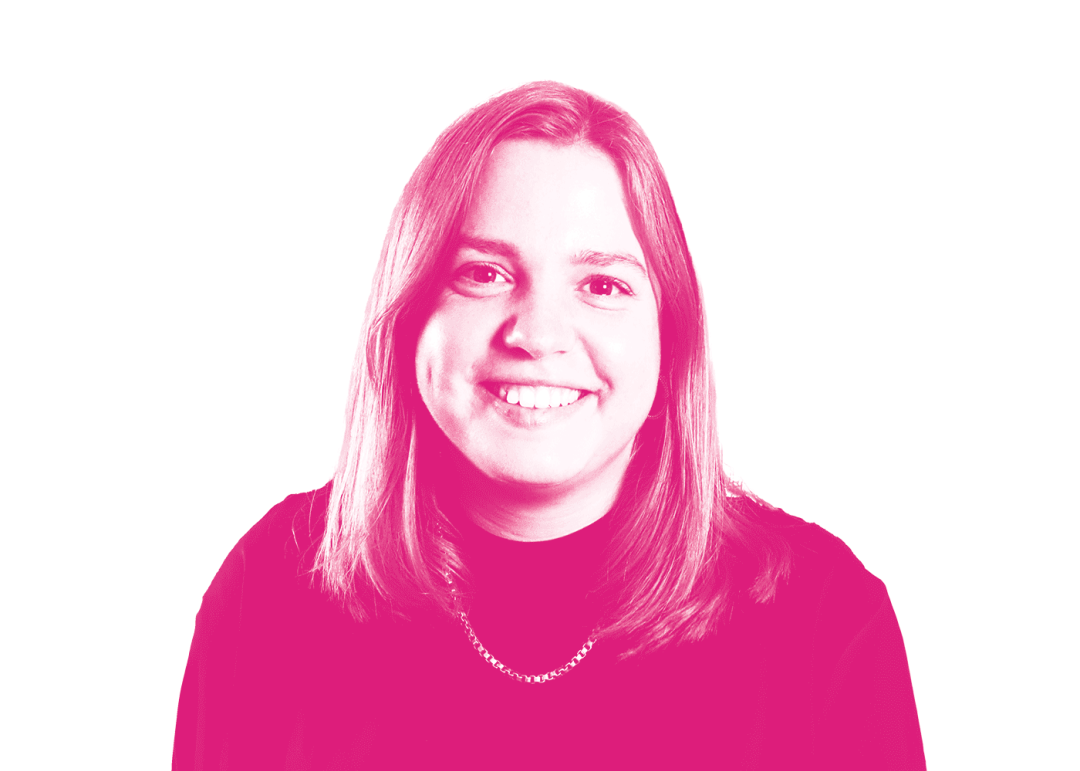
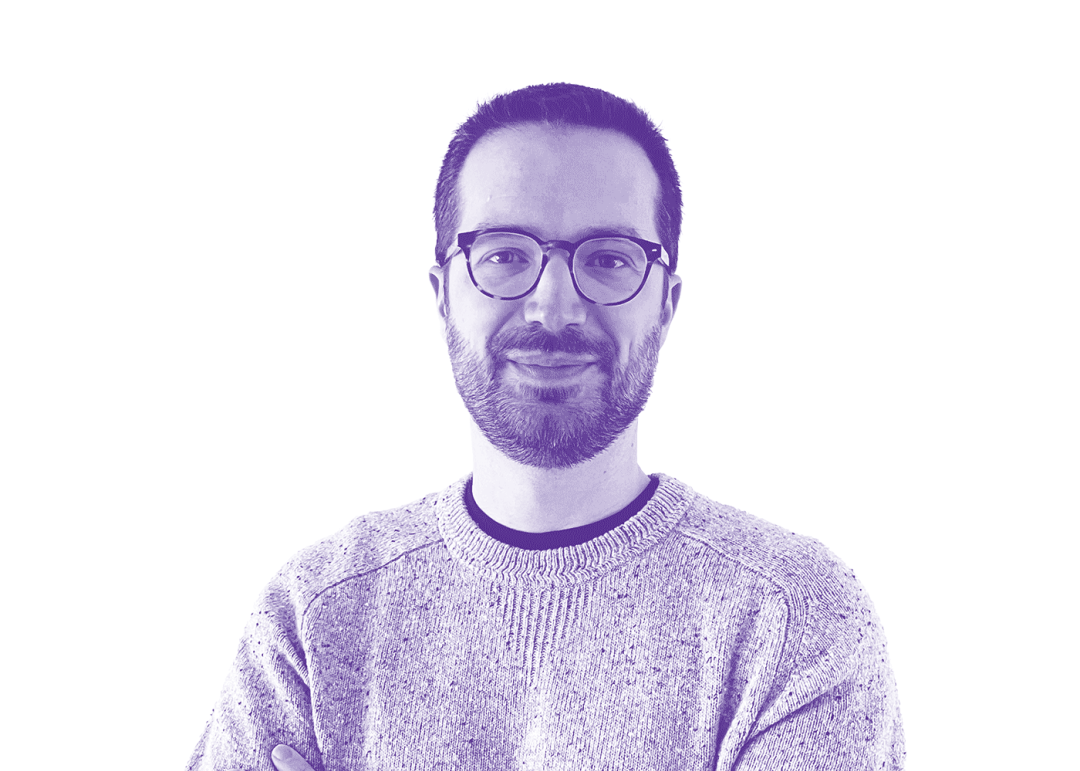
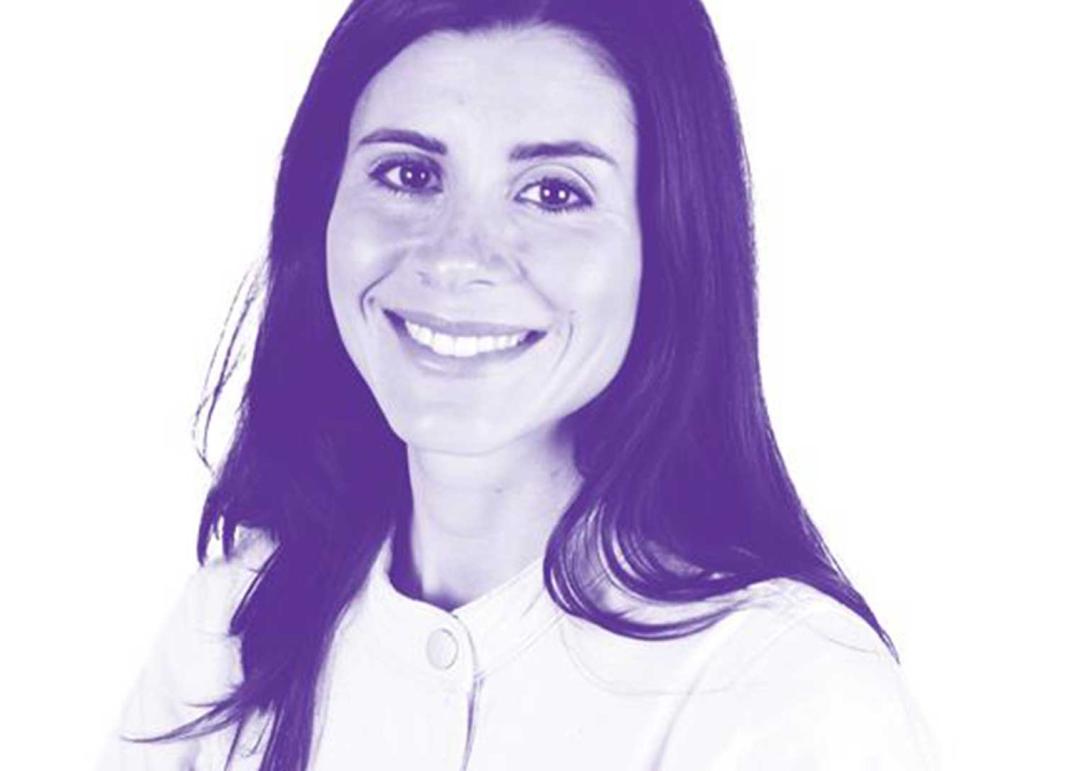

value and adapt to change

